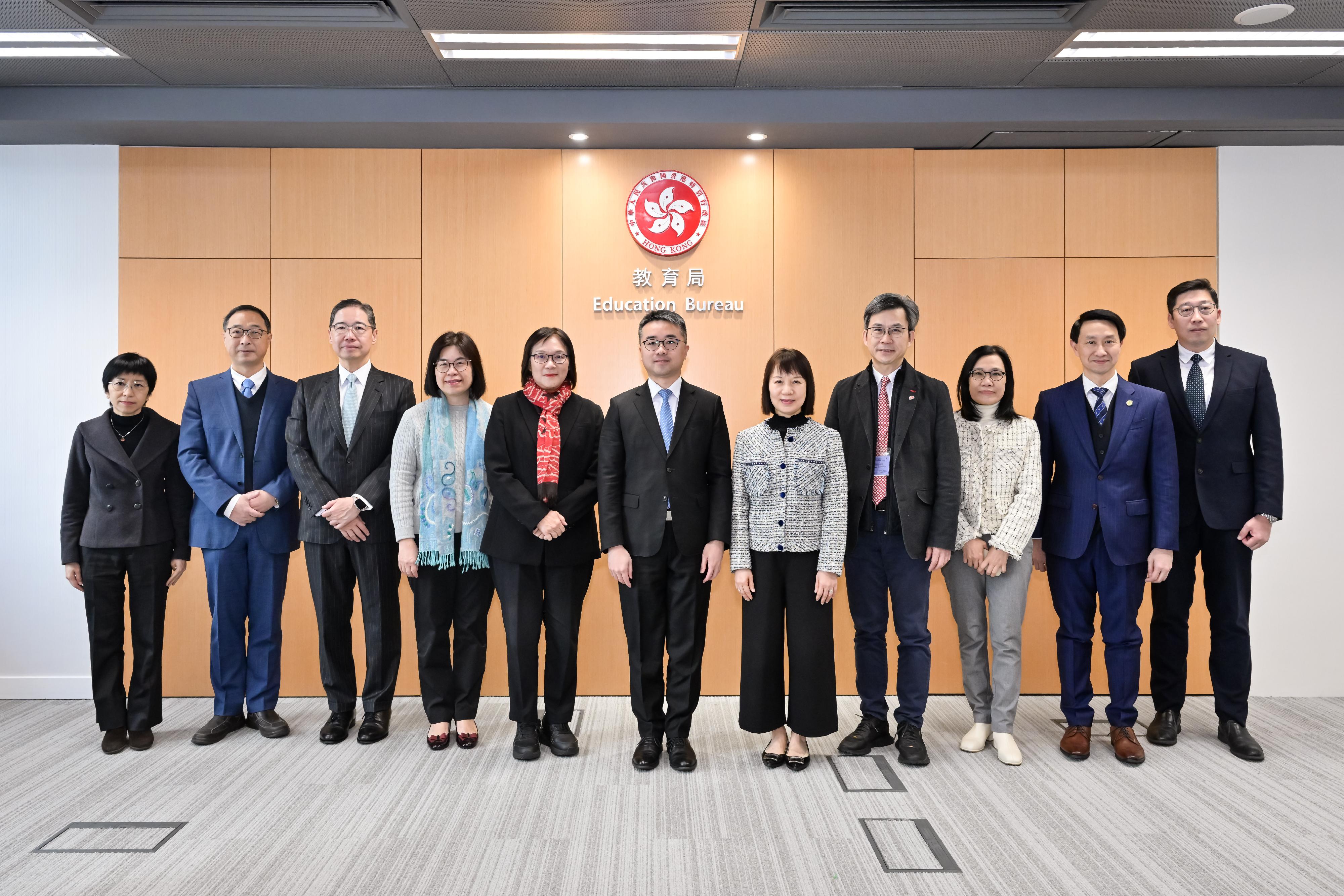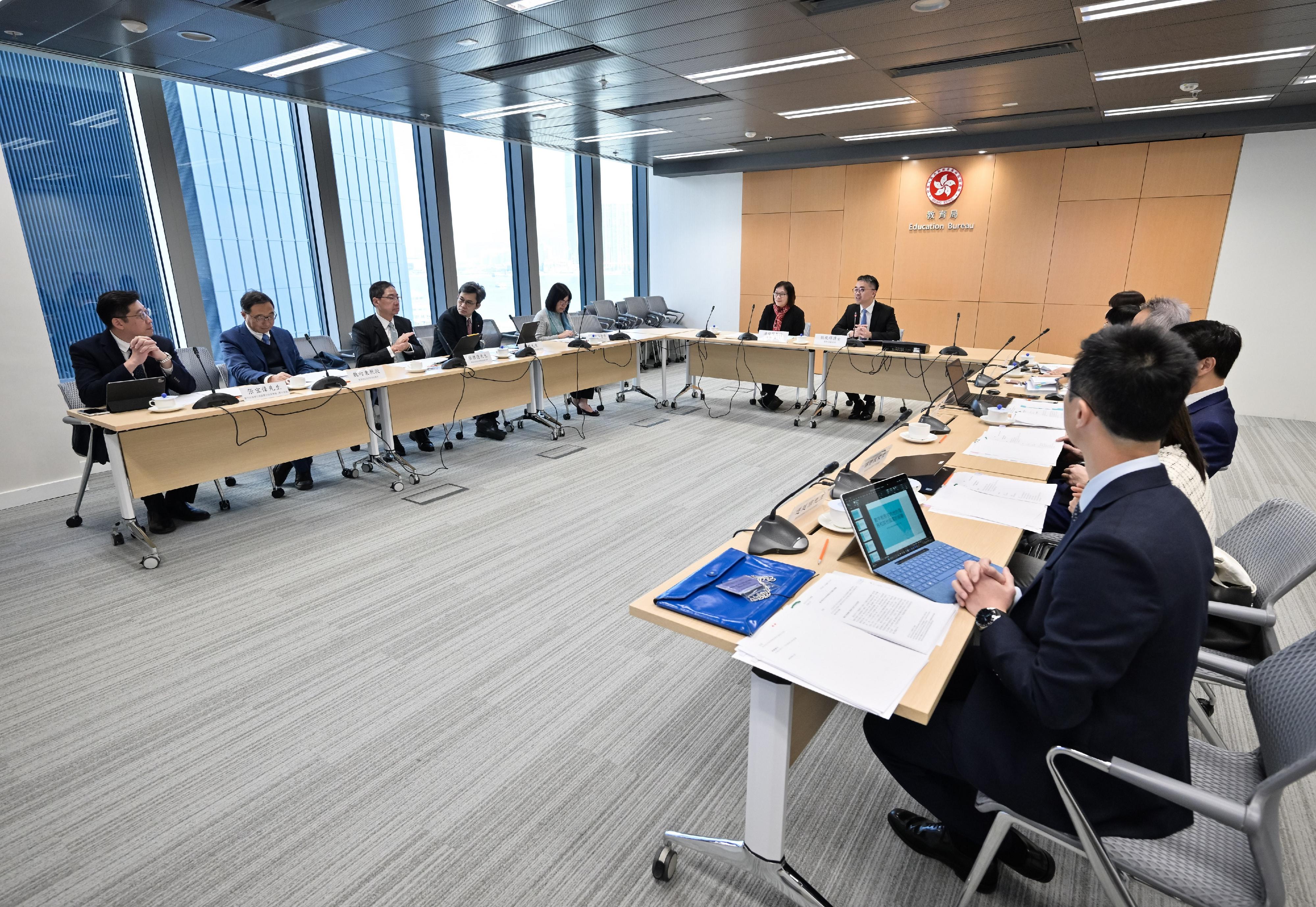The Census and Statistics Department (C&SD) released today (January 17) the results of the Quarterly Business Tendency Survey for the first quarter (Q1) of 2025.
Business situation
For all surveyed sectors taken together, the proportion of respondents expecting their business situation to be better (9%) in Q1 2025 over the preceding quarter is lower than that expecting it to be worse (19%).
When compared with the results of the Q4 2024 survey round, the proportion of respondents expecting a better business situation in Q1 2025 is 9%, lower than the corresponding proportion of 13% in Q4 2024. At the same time, the proportion of respondents expecting a worse business situation had increased from 16% in Q4 2024 to 19% in Q1 2025.
Analysed by sector, respondents in most of the surveyed sectors expect their business situation to decrease on balance in Q1 2025 as compared with Q4 2024. In particular, significantly more respondents in the accommodation and food services; retail; and transportation, storage and courier services sectors expect their business situation to be worse in Q1 2025 as compared with Q4 2024.
The results of the survey should be interpreted with care. In this type of survey on expectations, the views collected in the survey are affected by the events in the community occurring around the time of enumeration, and it is difficult to establish precisely the extent to which respondents’ perception of the future accords with the underlying trends. The enumeration period for this survey round was from December 3, 2024 to January 7, 2025.
Volume of business/output
Respondents in most of the surveyed sectors expect their volume of business/output to decrease on balance in Q1 2025 as compared with Q4 2024. In particular, more respondents in the retail; transportation, storage and courier services; and accommodation and food services sectors expect their volume of sales/business to decrease in Q1 2025 over Q4 2024.
Employment
Respondents in all of the surveyed sectors expect their employment to decrease on balance or remain broadly unchanged in Q1 2025 as compared with Q4 2024. In particular, more respondents in the construction sector expect their employment to decrease, as compared to those expecting it to increase.
Selling price/service charge
Respondents in all of the surveyed sectors expect their selling prices/service charges to decrease on balance or remain broadly unchanged in Q1 2025 as compared with Q4 2024. In particular, more respondents in the construction and accommodation and food services sectors expect their tender prices/charges for services rendered/prices of food provided to go down in Q1 2025 over Q4 2024.
Commentary
A Government spokesman said that business sentiment and hiring appetite among large enterprises weakened in the first quarter, amid increased uncertainties in the external environment.
Looking forward, the spokesman said that global economic uncertainties would continue to pose pressures on the business environment. Yet, the various measures introduced by the Central Government to boost the Mainland economy and benefit Hong Kong, together with the SAR Government’s various initiatives to boost market sentiment and create new impetus for economic development, should bode well for business sentiment. The Government will monitor the situation closely.
Further information
The survey gathers views on short-term business performance from the senior management of about 570 prominent establishments in various sectors in Hong Kong with a view to providing a quick reference, with minimum time lag, for predicting the short-term future economic performance of the local economy.
The survey covers 10 major sectors in Hong Kong, namely manufacturing; construction; import/export trade and wholesale; retail; accommodation and food services (mainly covering services rendered by hotels and restaurants); transportation, storage and courier services; information and communications; financing and insurance; real estate; and professional and business services sectors.
Views collected in the survey refer only to those of respondents on their own establishments rather than those on the respective sectors they are engaged in, and are limited to the expected direction of quarter-to-quarter change (e.g. “up”, “same” or “down”) but not the magnitude of change. In collecting views on the quarter-to-quarter changes, if the variable in question is subject to seasonal variations, respondents are asked to provide the expected changes after excluding the normal seasonal variations.
Survey results are generally presented as “net balance”, i.e. the difference between the percentage of respondents choosing “up” and that choosing “down”. The percentage distribution of respondents among various response categories (e.g. “up”, “same” and “down”) reflects how varied their business expectations are. The “net balance”, with its appropriate sign, indicates the direction of expected change in the variable concerned. A positive sign indicates a likely upward trend while a negative sign indicates a likely downward trend. However, the magnitude of the “net balance” reflects only the prevalence of optimism or pessimism, but not the magnitude of expected change, since information relating to such magnitude is not collected in the survey.
Furthermore, owing to sample size constraint, care should be taken in interpreting survey results involving a small percentage (e.g. less than 10%) of respondents in individual sectors.
Chart 1 shows the views on expected changes in business situation for the period Q1 2024 to Q1 2025.
Table 1 shows the net balances of views on expectations in respect of different variables for Q1 2025.
The survey results are published in greater detail in the “Report on Quarterly Business Tendency Survey, Q1 2025”. Users can browse and download the publication at the website of the C&SD (www.censtatd.gov.hk/en/EIndexbySubject.html?pcode=B1110008&scode=300).
Users who have enquiries about the survey results may contact the Business Expectation Statistics Section of the C&SD (Tel: 3903 7263; email: business-prospects@censtatd.gov.hk). read more



